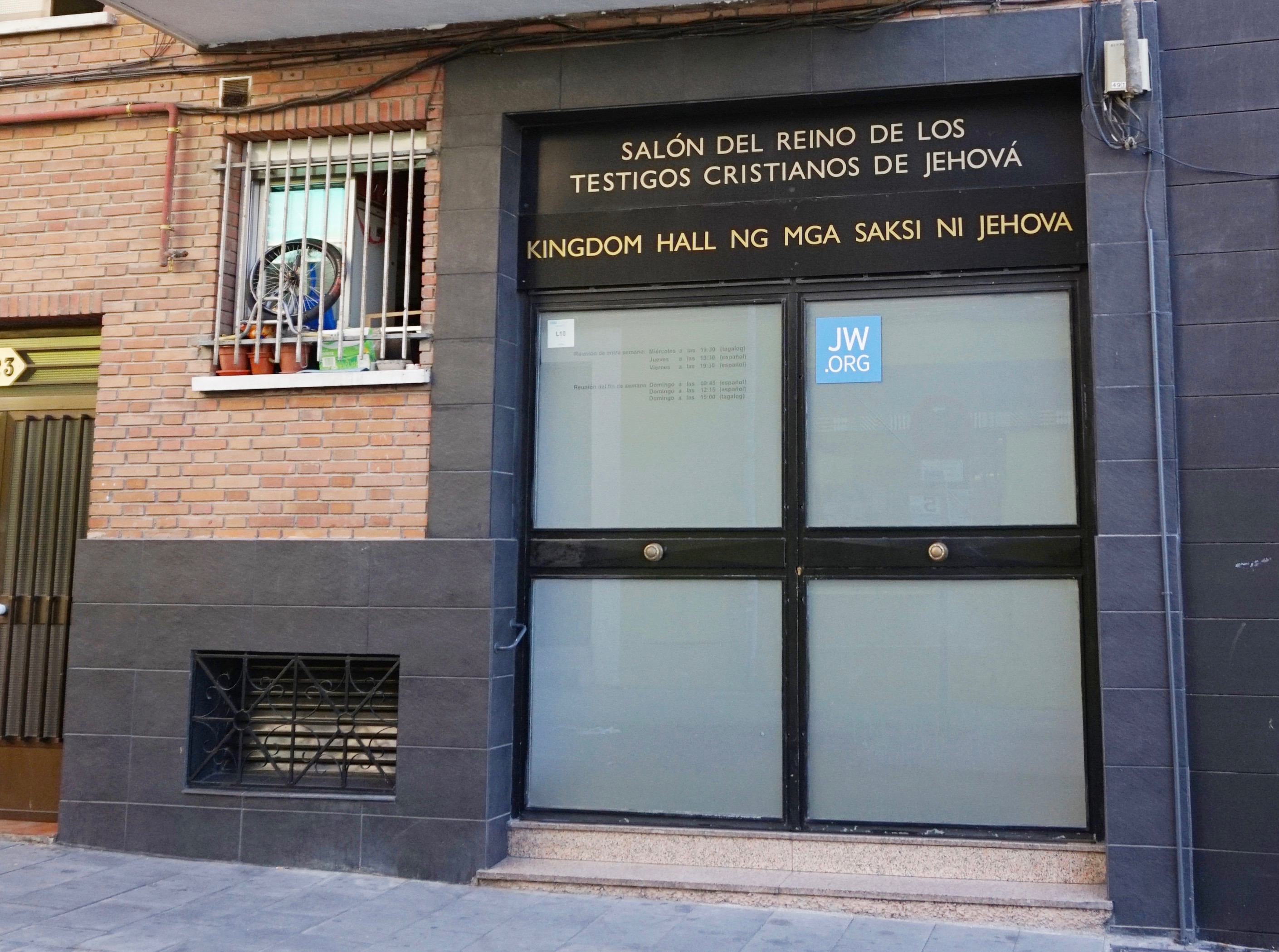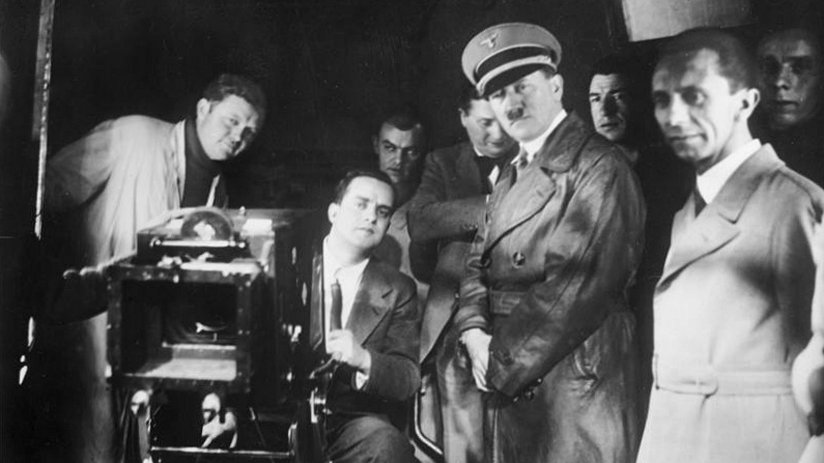
-
HOME
-
WHAT IS STANDOur Mission Our Values Our Help Contact
-
WHAT WE FIGHT FORReligious Freedom Religious Literacy Equality & Human Rights Inclusion & Respect Free Speech Responsible Journalism Corporate Accountability
-
RESOURCESExpert Studies Landmark Decisions White Papers FAQs David Miscavige Religious Freedom Resource Center Freedom of Religion & Human Rights Topic Index Priest-Penitent Privilege Islamophobia
-
HATE MONITORBiased Media Propagandists Hatemongers False Experts Hate Monitor Blog
-
NEWSROOMNews Media Watch Videos Blog
-
TAKE ACTIONCombat Hate & Discrimination Champion Freedom of Religion Demand Accountability
Spanish Court Finds in Favor of Jehovah’s Witnesses in El Mundo Defamation Case
In a landmark decision, a Spanish court has recognized the right of a religious community to refute libelous attacks in the news outlet in which they appeared and ruled that a publication must bear the penalty for any harmful lie it publishes.

On October 2, the Spanish Court of First Instance No. 1 of Torrejón de Ardoz found in favor of the Jehovah’s Witnesses in a case against the Spanish newspaper El Mundo, which had published an article a year earlier based on misinformation supplied by the Association of Victims of the Jehovah’s Witnesses, and had refused to print the Jehovah’s Witnesses’ response.
The court ruled that falsely labeling a legally recognized and registered religious denomination as a cult is “legally erroneous.”
The court ordered El Mundo—Spain’s second-largest printed daily newspaper with a circulation of over a quarter-million—to publish the Jehovah’s Witnesses’ reply and to pay their litigation costs.
In its findings, the court also ruled on the merit of the allegations of the Association of Victims of Jehovah’s Witnesses—a group that includes ex-members, or apostates—finding the assertions false and “objectively harmful to the fame and credibility [of the Jehovah’s Witnesses organization].”
The court found that “the title of the article itself included the word ‘cult’ [‘secta’ in Spanish] that has unquestionable negative connotations with respect to any religion,” noting that “the first thing that is striking is the title of the article itself, where the plaintiff entity is catalogued as a ‘cult,’ then throughout the extensive text the terms ‘cultic practices’ are used.”
The court ruled that falsely labeling a legally recognized and registered religious denomination as a cult is “legally erroneous since, in the context of the analyzed article, it implies attributing to the plaintiff some pernicious or harmful features as opposed to the rest of the religious confessions legally established in Spain.”
The court addressed each accusation separately—including that the religion “causes ‘social death’ to those who leave it, that it ‘compels’ its members not to report crimes, that it alienates its members, and that it ‘encourages physical and moral suicide’”—and found each to be baseless.
The court further noted that “the plural or collective number is used” rather than specific time, place, form and event with respect to allegations, creating the false impression that the whole religious denomination is responsible for all misdeeds allegedly committed by individuals.
The court also rejected El Mundo’s argument that accountability for its published falsehoods should lie solely with the Association of Victims of the Jehovah’s Witnesses, confirming that media “is responsible for the content of what is disseminated,” no matter the source. “To admit otherwise,” the court judged, “would be as much as to legitimize any type of publication based on unquestionably false or untrue facts, just because it is a third party who maintains this erroneous view of the facts.”
El Mundo is a member of The Trust Project—a network of news organizations sworn to high standards of integrity, truth and transparency in journalism.
STAND applauds the Spanish Court of First Instance No. 1 of Torrejón de Ardoz for upholding the freedom of a religious group to be heard in the face of lies and bigotry.





